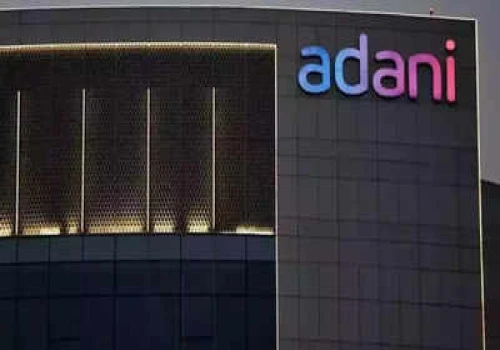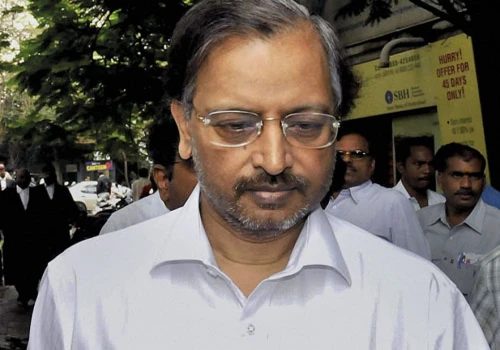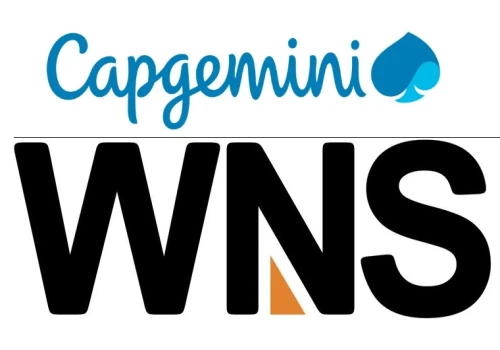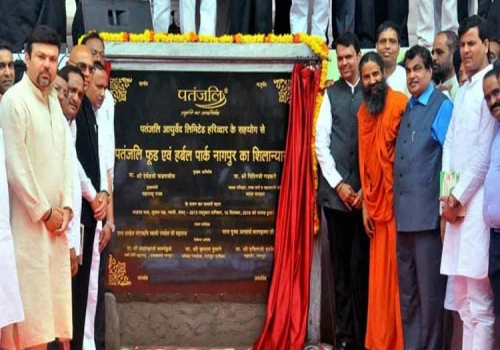
United Breweries Ltd. (UBL), a leading manufacturer of beer and alcoholic beverages in India, has been served with a tax demand order of ₹263.72 crore by the Maharashtra Goods and Service Tax (GST) Department.
The demand arises from a levy of 60% Central Sales Tax (CST) on debit notes raised by UBL for reimbursement of excise duties paid on behalf of state beverage corporations in Telangana, Karnataka, and Andhra Pradesh for the financial year 2020 (FY20).
In a regulatory filing, UBL explained that the Deputy Commissioner of State Tax, Raigad Division, Maharashtra GST Department, issued the order under Section 9(2) of the Central Sales Tax Act, 1956. The demand comprises an additional tax of ₹119.82 crore, interest of ₹115.03 crore, and a penalty of ₹28.86 crore, totaling ₹263.72 crore for FY20.
The company further clarified that the demand stems from the application of CST to debit notes raised for reimbursement of state excise duties. Additionally, the GST department has also raised a demand for non-submission of declaration forms required to avail concessional tax rates.
Despite the substantial tax demand, UBL expressed confidence in its ability to contest the order. "The company believes it has a strong case to defend the issue before the relevant appellate authority and does not expect any financial impact on the company except for a minimal statutory pre-deposit that is required to be made at the time of admission of appeal," stated UBL in the filing.
This is not the first time UBL has faced a similar challenge. In FY19, the company received a tax demand of ₹275 crore, which it successfully contested, securing a significantly reduced demand order of ₹7 crore. This prior experience likely bolsters UBL's confidence in its current appeal process.
The development highlights the complexities associated with the transition from CST to GST in India. While GST aimed to simplify the tax regime, certain ambiguities and transitional issues persist, leading to disputes between businesses and tax authorities.
The outcome of UBL's appeal will be closely monitored by the liquor industry and other businesses potentially facing similar tax interpretations. A favorable verdict for UBL could set a precedent and provide clarity on the applicability of CST to debit notes for excise duty reimbursements. Conversely, an unfavorable outcome could lead to increased scrutiny and potential tax demands for other industry players.
With the legal battle underway, it remains to be seen whether UBL can successfully defend its position and minimize its financial liability. This case underscores the importance of clear tax regulations and efficient dispute resolution mechanisms for fostering a predictable and business-friendly environment.












